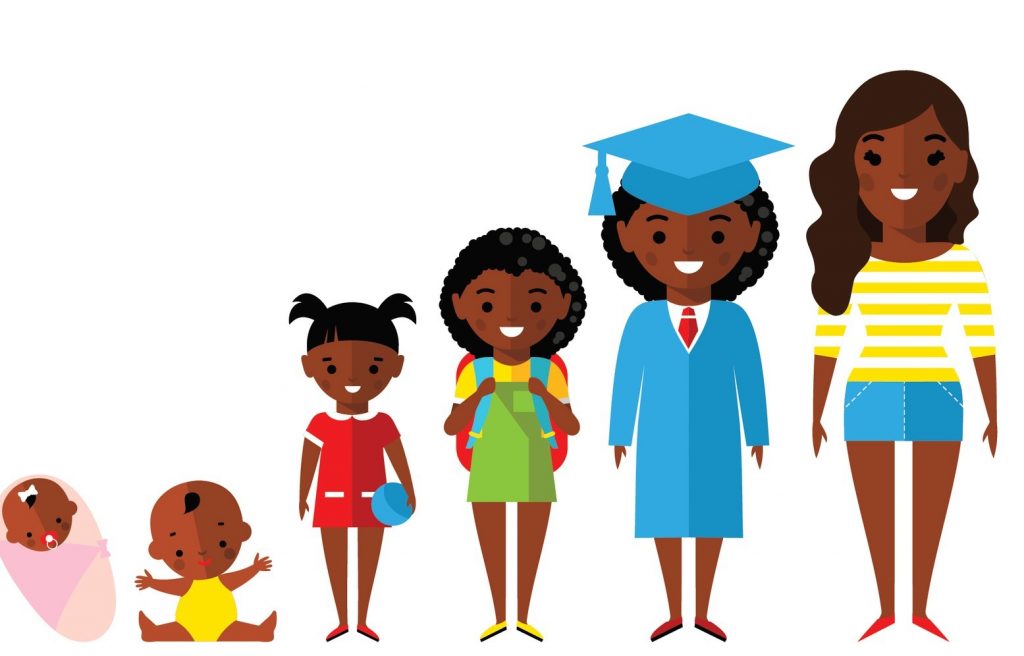This is the fourth of a 6-part series on how to teach your children about puberty at home. Read part 5 here.

All individuals have many components that make them fully human: physical, mental, emotional, social, spiritual, and sexual. Most parents and other caregivers invest a lot of energy nurturing the development of their child’s body growth, education, friendships, emotional regulation, and religious training. Parents know this is important to prepare their children for adulthood. Yet, many parents find it difficult to support child development into a sexually healthy adult.
Reasons It’s Tough to Support Child Sexual Development
There are many reasons why so many parents neglect their child’s sexual development. One big reason is that they don’t know how. Most of us did not learn about childhood sexual development, so we don’t have the basic information about what is typical at each age and stage. Another reason parents are often uncomfortable is because they do not want to recognize that children are sexual beings from birth forward.
Dimensions of Sexuality
When we view sexuality merely as sexual intercourse, it is no wonder that parents cannot imagine their child as being a sexual being. However, sexuality is much more than a physical act. Dennis M. Dailey, PhD identified the Circles of Sexuality, explaining that sexuality includes five main dimensions with many aspects of each dimension. When parents recognize that sexuality is developed in stages, it is easier to support children’s development. Just as we would not teach kindergarteners about algebra, we would not teach kindergarteners about condoms. That is not developmentally appropriate.
Typical Development
So, what is developmentally appropriate? Unfortunately, most of the research on sexual behavior is about children who have been sexually abused…not about children who are developing typically. It has been challenging for researchers to get permission to study sexual development in children. The following resources can help you learn about typical sexual development in children and ways to support them.
- “Ages and Stages of Healthy Childhood Sexual Development”
- Talk to Me First: Everything You Need to Know to Become Your Kids’ “Go-To” Person about Sex by Deborah Roffman
- “My Kid Needs to Know What? An Age By Age Guide to Sex Education – And What to Do!”
- It’s Always the Right Time to Talk
- “All About Puberty,” KidsHealth
- What Is Age-Appropriate?
Want some help? Take this online class made especially for you!
Read part 1 of the series, “How to Teach Puberty Education at Home.”
updated 2023-1-4



